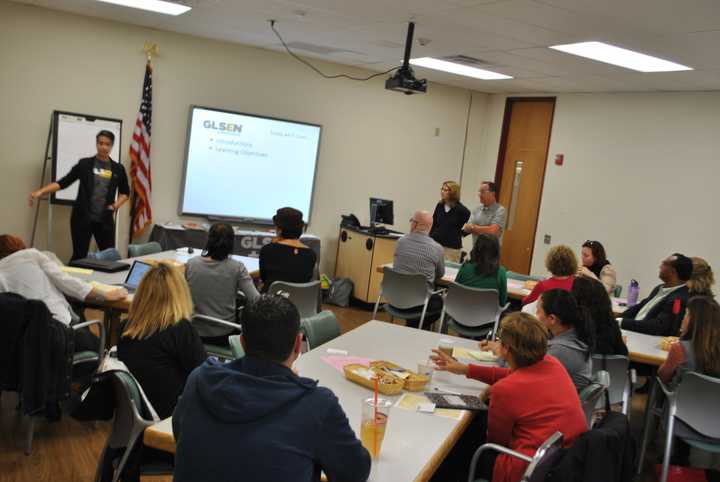What about girls who dress like boys or boys who wear make-up? Can a transgender student choose which locker room to use or must the student use the room that matches the gender with which he or she was born?
These are the kinds of questions educators are dealing with every day. That’s why the Putnam-Northern Westchester Board of Cooperative Educational Services recently sponsored a workshop titled “Understanding Our Transgender Youth.”
Presented by three members of the Gay, Lesbian & Straight Education Network, the workshop offered teachers, social workers and others practical suggestions on how to make their schools safe and welcoming for all students.
“School should be a sanctuary for students,” said Mahopac elementary school math teacher Elaine Fonseca. “Everyone -- not just teachers but bus drivers and cafeteria workers, everyone -- who interacts with students, should be educated about this.”
Fonseca was among 40 educators from across the region who attended the three-hour workshop.
Neil Boyle, coordinator of the Guidance & Child Study Center at BOCES, said the center seeks to offer training and workshops on issues directly affecting educators and students with an eye toward improving the learning environment in schools throughout the region.
Among other things, attendees were taught “gender” is a person’s deeply held sense or psychological knowledge of their own gender. It is based on social, emotional, cultural and behavioral characteristics and may not match the gender the person was assigned at birth. They also were taught you cannot assume a person’s sexual preference based on gender identity.
Much of the workshop focused on the correct use of language to describe students who are gender non-conforming.
“These kids are not doing this as a joke,” said Mary Jane Karger, one of the presenters and a school social worker in Carmel for 31 years. “This is very serious.”
Click here to follow Daily Voice Yorktown and receive free news updates.
